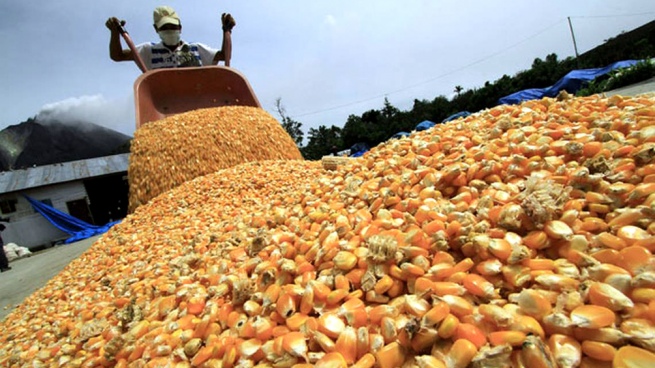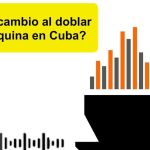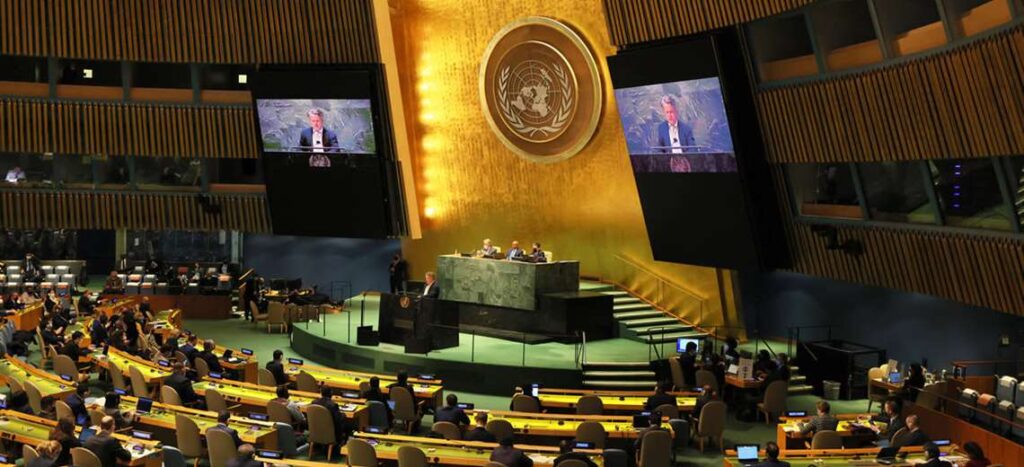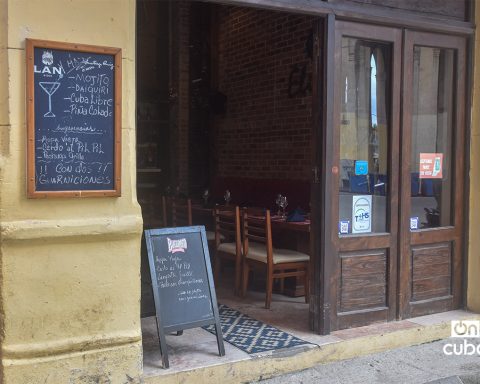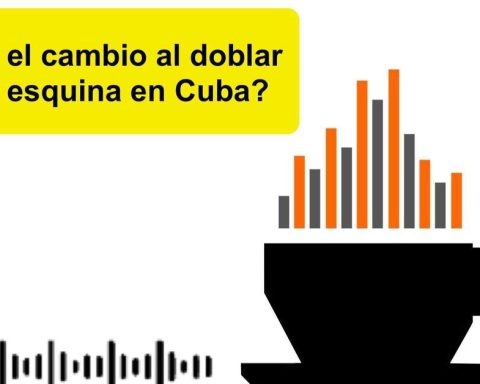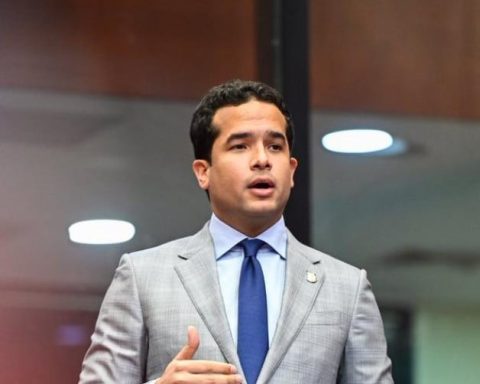The conflict in Ukraine after the Russian invasion will have different effects for the Argentine economy, ranging from the improvement in the prices of raw materials that will generate more dollars for the country, to the risk that this will translate into higher internal inflation.
This was indicated by different economists consulted by Télam, who also stressed that the economic effects of the conflict will cause greater attraction to invest in the Vaca Muerta hydrocarbon field in Neuquéna better possibility of closing the agreement with the International Monetary Fund (IMF), but also increased pressure on the exchange rate.
The chief economist of the Economic Project, Fernanda Vallejosconsidered that the increase in the cost of commodities “means, in the domestic sphere, a greater impact in terms of imported inflation, which has already been acting as one of the most important impulses in the high inflation of which our country is a victim.”
“We are exporters of commodities and essentially food, and that favors us”Eduardo Crespo
He pointed out that, “particularly, with the prices of food, and of flour, bread and other derivatives of wheat, it would be convenient for the economic authorities to work on an appropriate scheme of export duties, tending to decouple international values from domestic ones. in essential products on the table of Argentines”.
On the other hand, he warned about “the elimination of subsidies in the tariffs of public services” because he indicated that “the impact of the rise in the price of gas could put at much greater risk, both the income of families, which will have to resign other consumption to face higher energy costs, and to companies, whose competitiveness will be even more threatened, together with the inflationary impact that higher energy costs mean, on the economy as a whole”.
For its part, the economist of the National University of Moreno (UNMo) Eduardo Crespo He explained that the increase in grains and fuel “has an ambiguous impact on the Argentine economy.”
“We are exporters of commodities and essentially food, and that favors us,” said Crespo, who stressed that “the Argentine economy is strangled in terms of foreign exchange, it does not have many reserves at this time.”

For this reason, he considered that the rise in values of raw materials “is a good figure”, but he stressed that, “on the other hand, inevitably pushes up domestic prices, if there is not something that compensates, like a retention”.
In his opinion, that “will put more pressure on inflation and will have a short-term impact on wages.”
While, the director of the Center for Political and Economic Studies (Cepec), Leo Anzalonepointed out that “a dual, mixed effect can be foreseen in Argentina”.
He stressed that, “when this type of conflict arises, there is an outflow of dollars from emerging countries like ours, towards safer places such as United States bonds”, and warned that “That can put pressure on the exchange rate gap.”
RUSSIA-UKRAINE CONFLICT:
INCIDENTS IN THE ARGENTINE ECONOMY
The struggle between ?? and ?? will impact the world economy and, therefore, the domestic one. What are the negative and positive effects of the different scenarios?
Read the full report at https://t.co/tscrYF3CnU pic.twitter.com/b8FSuWKTww— Leo Anzalone (@LeoAnzalone) February 24, 2022
In addition, he indicated that, “if the conflict spreads, it will impact the growth of the world’s Gross Product”, and remarked that “the price of gas will increase throughout the world and this has a double effect in Argentina”.
He specified that, “in the short term, they are going to demand more dollars from us for the gas that has to be imported,” but he pointed out that “in the medium and long term, that same situation can bring many investments to Vaca Muerta, which today is producing a lot, but with this type of conflict it can be much more benefited”.
He pointed out that “this same duality is repeated in raw materials”and affirmed that, “in the short term, the increase in soybeans, corn and wheat will be favorable in terms of exports because they are going to bring in many dollars.”
However, he stressed that, “in the medium term, there will be a problem that is repeated in the country, which is that it translates into a rise in domestic prices, generating inflationary pressures.”
“The war will inevitably lead to a drop in world economic growth that will have effects on our exports in the short term”Joaquin Mark
For his part, the director of UG Valores, Joaquín Marquepointed out that “the cost of importing liquefied natural gas will increase drastically, putting pressure on the reserves of the Central Bank and on public accounts”, but considered that “the increases in the prices of agricultural commodities will partially offset these imbalances”.
He estimated that “it is still early to glimpse the damage from the drought and what the fine print of the agreement with the Fund will be and how this new scenario affects public accounts.”
However, he stressed that “Argentina should take advantage of this unwanted opportunity to hasten the closing of its negotiations with the IMF, order its macroeconomy and try to deepen its relations with the world, in order to increase exports and return to the path of accumulation of reserves.”
“The war will inevitably lead to a drop in world economic growth that will have effects on our exports in the short term, however, if the conflict continues, in the medium and long term Argentina may be able to incorporate new markets in Europe that will be neglected by Russia. Mark stated.
